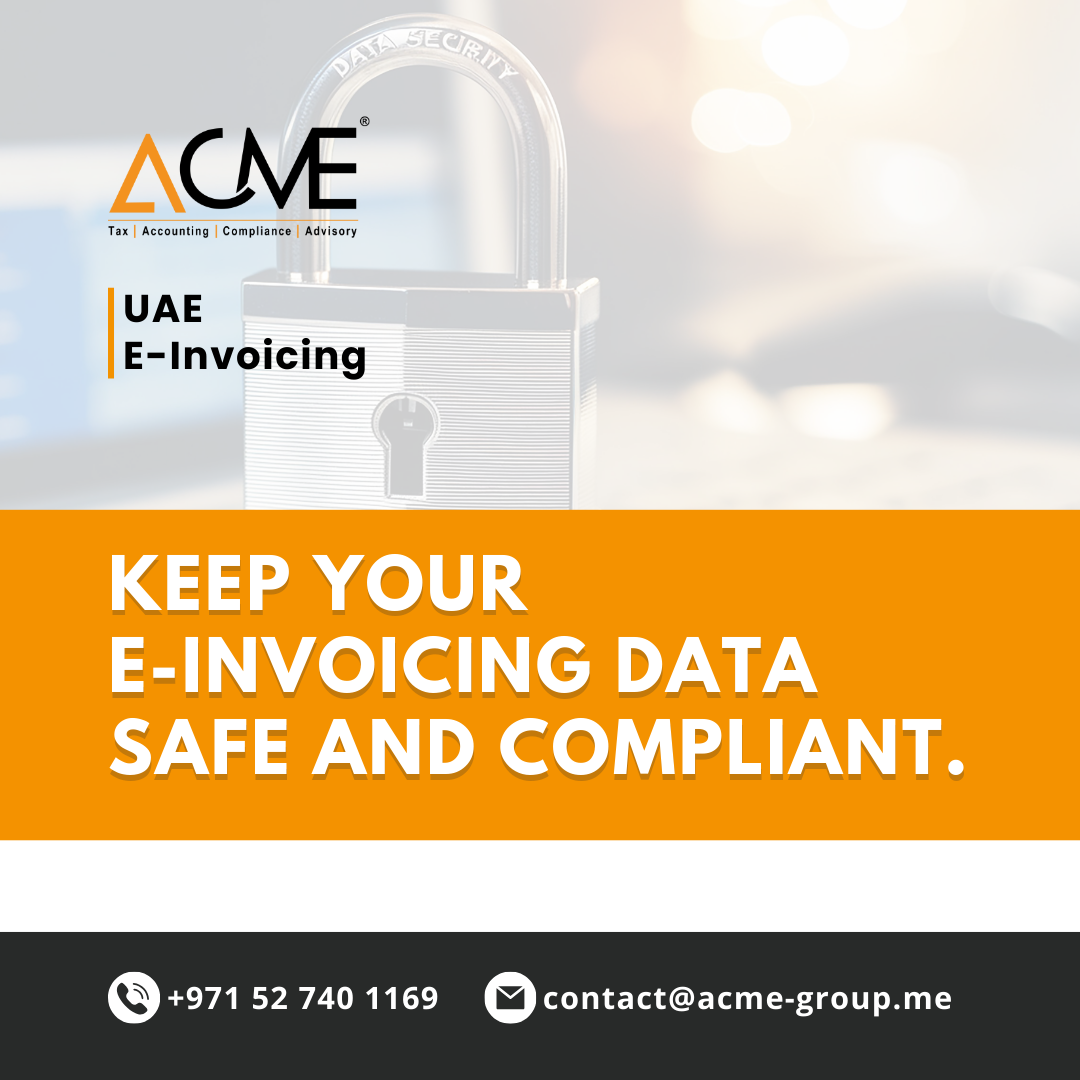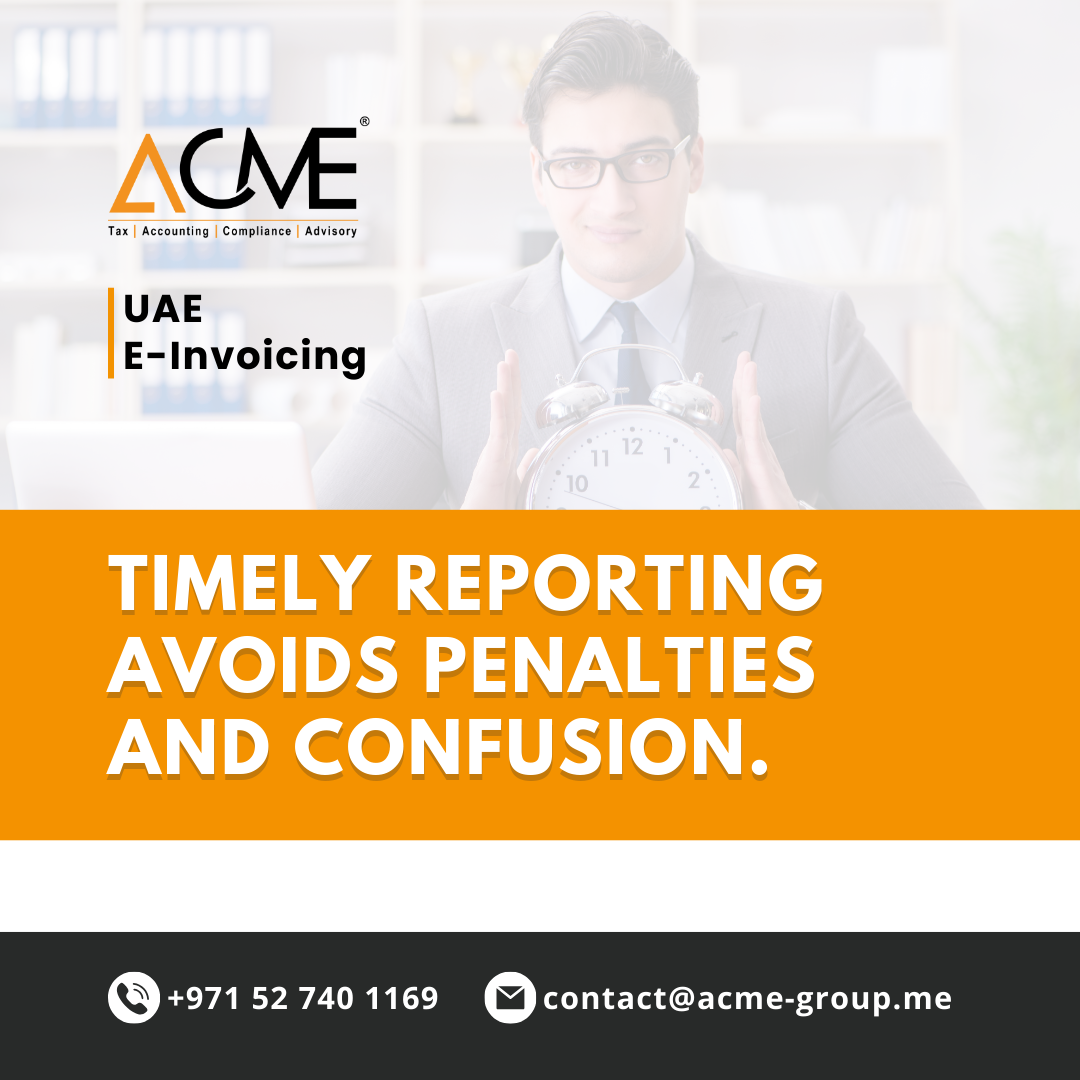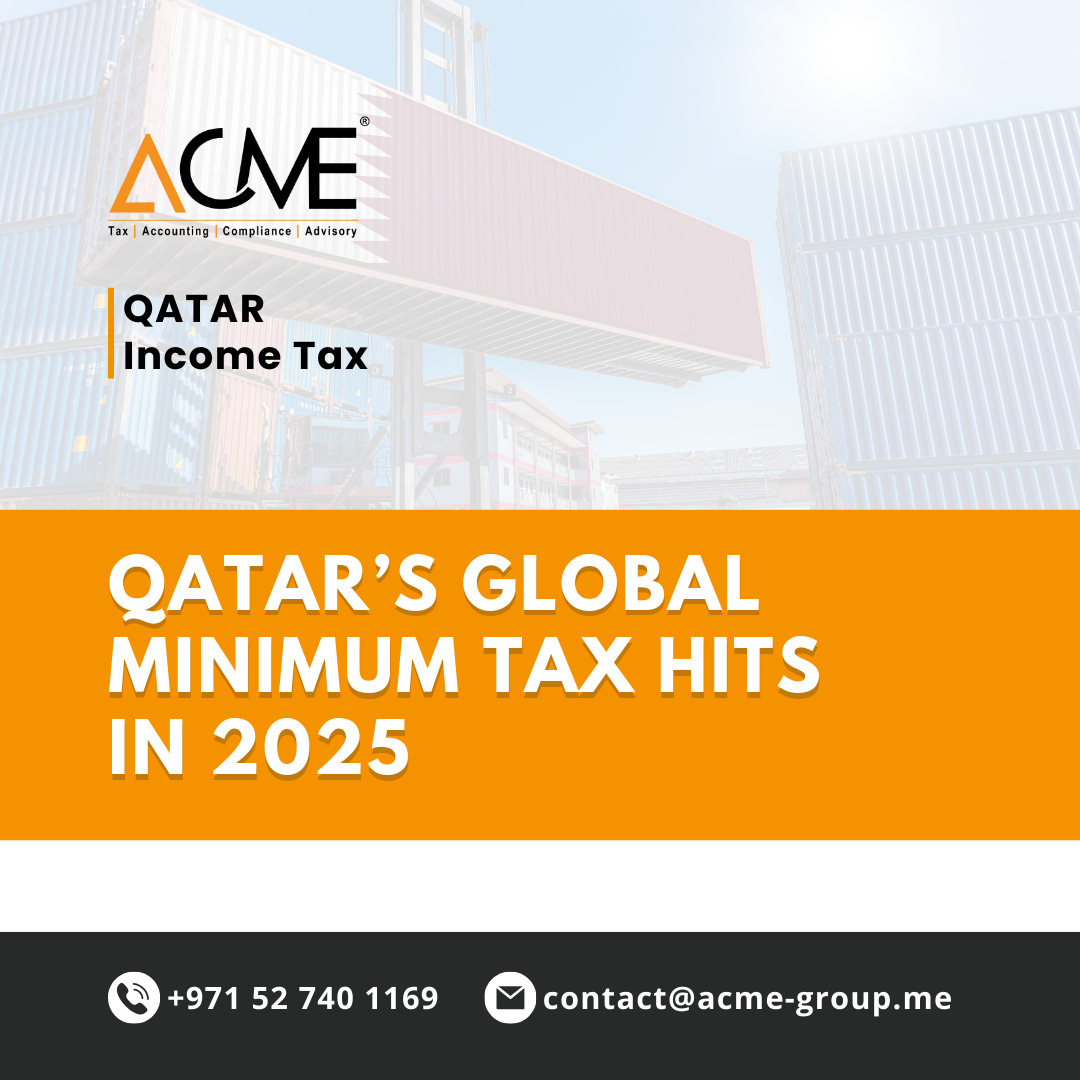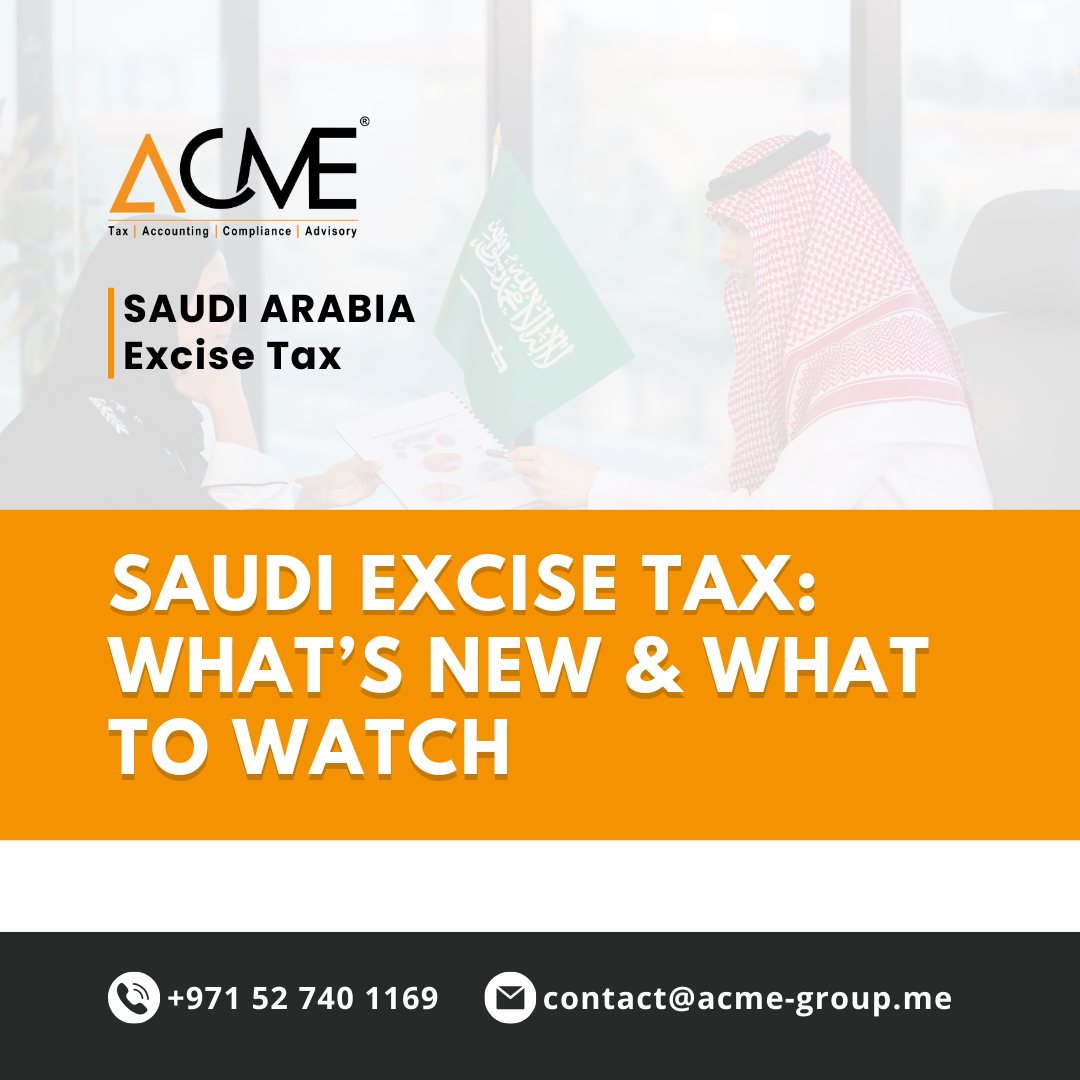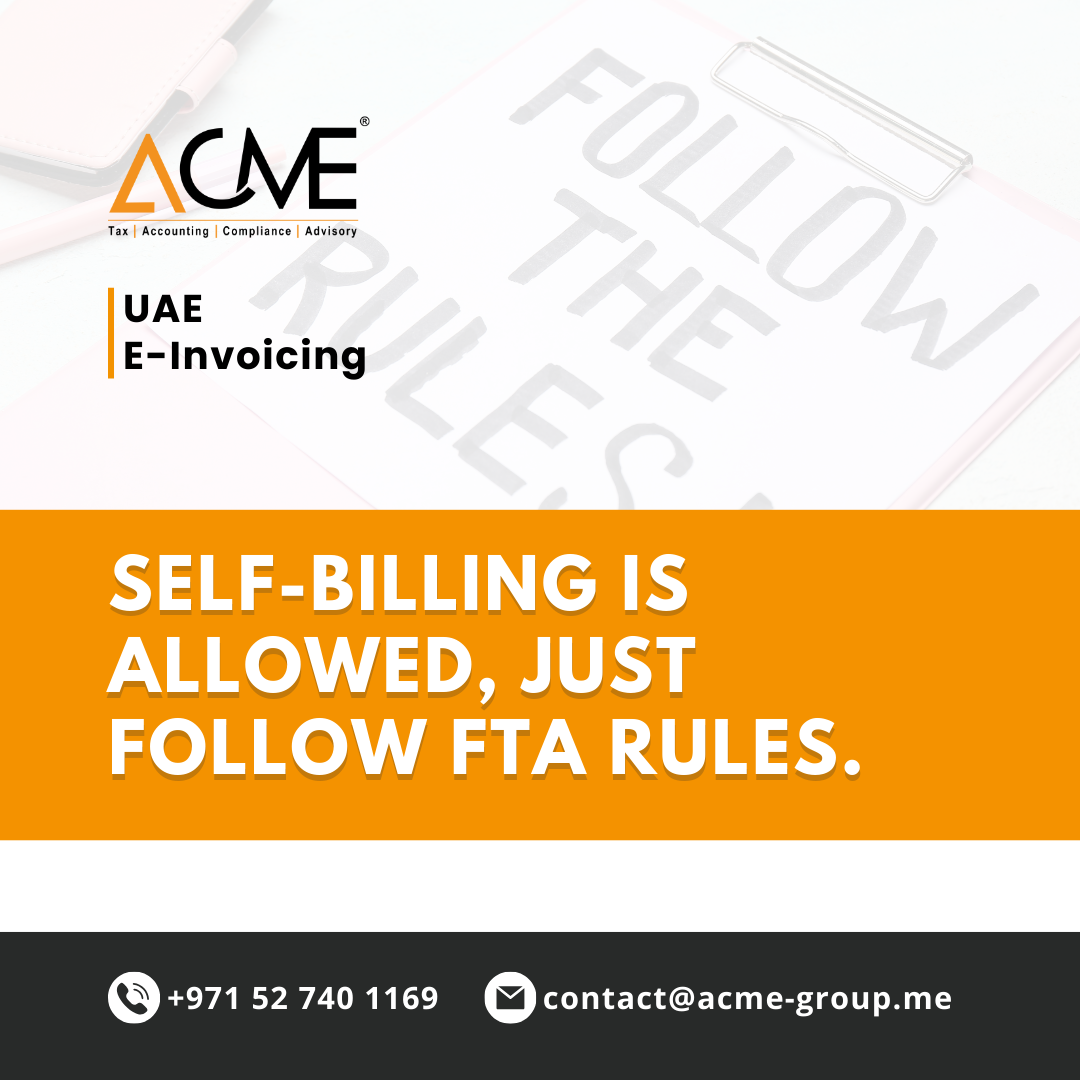The Royal Decree No. 28/2009, which governs Oman’s Income Tax Law, emphasizes the importance of compliance and accountability in tax matters. At the heart of this framework is the concept of the Principal Officer—a designated individual responsible for fulfilling tax-related obligations on behalf of an establishment, Omani company, or permanent establishment. Articles 6 to 9 of the law outline the key responsibilities, designations, and expectations of this crucial role.
Who is the Principal Officer?
The Principal Officer is a legally defined role under Article 6 of the Income Tax Law. The designation varies based on the nature of the entity:
- For an Establishment:
The Principal Officer is typically the owner or the manager responsible for overseeing the establishment’s operations. - For an Omani Company:
- Partnership or Limited Partnership: The partner or the manager of the partnership assumes this role.
- Joint Venture: The designated director managing the company’s affairs is considered the Principal Officer, as agreed upon by the partners.
- Joint Stock Company: The chairman of the board of directors or an authorized manager takes on the responsibility.
- Limited Liability Company: The chairman of the board of directors or the person managing the company’s affairs acts as the Principal Officer.
- Under Receivership, Liquidation, or Bankruptcy: The receiver, liquidator, or bankruptcy manager becomes the designated Principal Officer.
- For a Permanent Establishment:
- The owner or manager is the Principal Officer.
- If operations are conducted through an agent, the agent becomes the Principal Officer.
- In cases of liquidation, receivership, or bankruptcy, the same principles outlined for Omani companies apply.
Designation by the Secretary General (Article 7)
In circumstances where a Principal Officer is not explicitly designated under Article 6, the Secretary General of Taxation is empowered to appoint a person connected to the business to serve as the Principal Officer. The appointment must be formally communicated to the taxpayer.
Responsibilities of the Principal Officer (Article 8)
The Principal Officer is entrusted with ensuring the entity complies with the obligations imposed by the Income Tax Law. This includes:
- Filing accurate and timely tax returns.
- Responding to queries and notices from the tax authorities.
- Representing the entity in tax-related matters, unless otherwise specified.
Special Provisions for Absentee Owners (Article 9)
When the owner of an establishment or permanent establishment is outside Oman during a tax year, they are required to appoint a substitute Principal Officer. This appointee must:
- Be present in Oman to fulfill their duties.
- Ensure their absence does not exceed 90 days in any tax year.
Key Takeaways for Businesses in Oman
The Principal Officer serves as the bridge between the tax authorities and the business. Non-compliance or mismanagement of tax obligations by the Principal Officer can lead to severe penalties for the entity. Hence, businesses should:
- Carefully identify and appoint a competent individual for this role.
- Ensure that the designated Principal Officer understands their responsibilities under the law.
- Establish protocols to handle transitions in case of absences, especially for entities with international operations.
Conclusion
Oman’s Income Tax Law reinforces accountability through the role of the Principal Officer. By clearly outlining the responsibilities and designation process, Articles 6 to 9 provide a robust framework for ensuring tax compliance. Businesses operating in Oman must prioritize the selection of their Principal Officer to navigate the complexities of tax administration effectively.
For businesses seeking clarity or support in fulfilling their obligations under the Income Tax Law, consulting with legal and tax professionals is essential to ensure compliance and mitigate risks.
Disclaimer: The Content offer general guidance and should not be considered legal, financial, or tax advice. Consult qualified professionals for personalized guidance. While efforts have been made to ensure accuracy, no guarantee is provided for completeness or applicability to individual situations. Users are responsible for their interpretation and actions based on this information, at their own risk.
For understanding more about Corporate Tax, VAT, Excise Tax, Financial Services, Advisory Services, reach out to us on :contact@acme-group.me | +971 52 740 1169
This article was published on 02 June 2025.
Related Posts
Data Fortress
Key Points: Store all invoices & credit notes in UAE per Tax Procedures Law Authority may access or share data with other …
System SOS
Key Points: Notify FTA within 2 business days of any system failure Use mechanisms and procedures determined by the Authority Conclusion Timely …
Qatar’s Global Minimum Tax Hits in 2025
Key Points: Law No. 22 of 2024 amends Qatar’s Income Tax Law (Law No. 24 of 2018) to introduce the Domestic Minimum Top-Up Tax (DMTT) and …
Saudi Excise Tax: What’s New & What to Watch
Key Points: ZATCA’s Implementing Regulations for excise tax (Resolution No. 9‑1‑17, as amended) define all the updated rules for excise goods in the …
Self-Billing Simplified
Key Points: Recipients may issue invoices if both parties are registered Follow VAT Executive Regulation Conclusion Self-billing is allowed — just follow …
Join our Newsletter!
Receive updates on the latest News, Events, Webinar and more.
Our Services
-
Tax ServicesTax Services
-
Financial ServicesFinancial Services
-
AdvisoryAdvisory
-
ComplianceCompliance
Explore More
-
About UsAbout Us
-
Privacy PolicyPrivacy Policy
-
Contact UsContact Us

